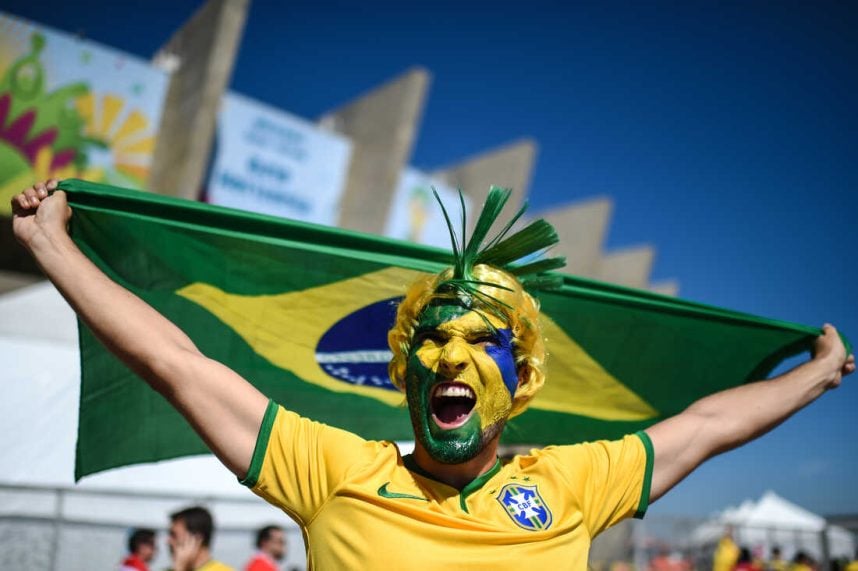Sportsbooks in Brazil To Pay 15% Tax on GGR as Government Greenlights Tax Proposal

Posted on: April 19, 2023, 03:18h.
Last updated on: April 19, 2023, 03:18h.
A 2018 law in Brazil allowed online betting on sports, but it didn’t produce any regulatory framework. This prevented the government from collecting taxes on the activity, a problem it is now correcting.

The country’s Ministry of Finance recently presented the new tax proposal, which has reportedly found enough support among legislators and President Inacio Lula da Silva to make it onto the books. It’s possible the regulations could appear within a week, or shortly after Minister of Finance Fernando Haddad gets settled in from his recent trip to China.
The Ministry of Finance prepared the provisional measure that regulates sports betting in the country. The new law aims to combat illegal betting and organized crime, and both operators and bettors are going to have to pay.
Sports Betting Doesn’t Come Cheap
In order for sports betting operators to function legally in the Brazilian market, they must acquire governmental consent and comply with protocols that still have to be completely defined. Additionally, they must be prepared to pay up. They will be charged a BRL30 million ($6.01 million) licensing fee, which is valid for five years, and a mandatory 15% tax on their gross gaming revenue.
Apart from registering as a company in Brazil and recruiting Brazilian workers, they must have a minimum capital of BRL100,000 (US$20,060) and meet other criteria.
Bettors will have to pay, as well. 30% of their winnings will go to the government; however, there will be exemption for prizes that are within the amount of Brazil’s lower “Income Tax-free” range. That currently stands at BRL1,903.98 (about US$381).
Advocates for the new legislation assert that it will guarantee a well-regulated and secure sports betting industry in Brazil. This, they explain, ultimately benefits both commercial enterprises and bettors. Additionally, these supporters demand that the profits generated from the industry be reinvested in the country’s economy.
A special adviser to the Ministry of Finance, José Francisco Manssur, confirmed the acceptance of the tax plan during a public hearing last week. It will become formal once published by the government, which he expects to happen before the end of the month.
Mending Old Relationships
The government’s fiscal leaders view tax reforms as a primary means of boosting its revenue. It anticipates the potential to generate fresh funds of about BRL150 billion ($30.09 billion), which will be allocated towards financing the new budget.
With the new tax on sports betting in place, Haddad hopes to gather an annual revenue ranging between BRL12 billion and BRL15 billion (US$2.4 and $3 billion). This money, as well as $12 billion in new investments Brazil has secured out of China and the United Arab Emirates, will help the government reach its budget goals.
Sports betting operators will also pay other taxes, such as the Corporate Income Tax, the Program of Social Integration and the Contribution for the Financing of Social Security. These are standard business taxes that are calculated on a company’s gross revenue.
In addition, companies will have to pass on 2.55% of their net revenue to the National Public Security Fund, 0.82% to public education and 1.63% to sports organizations and athletes who make image rights deals.
Tacking on these fees makes the effective tax rate for operators well over 20%. While high, it still beats New York’s 51% tax rate.
Related News Articles
Source: casino.org
